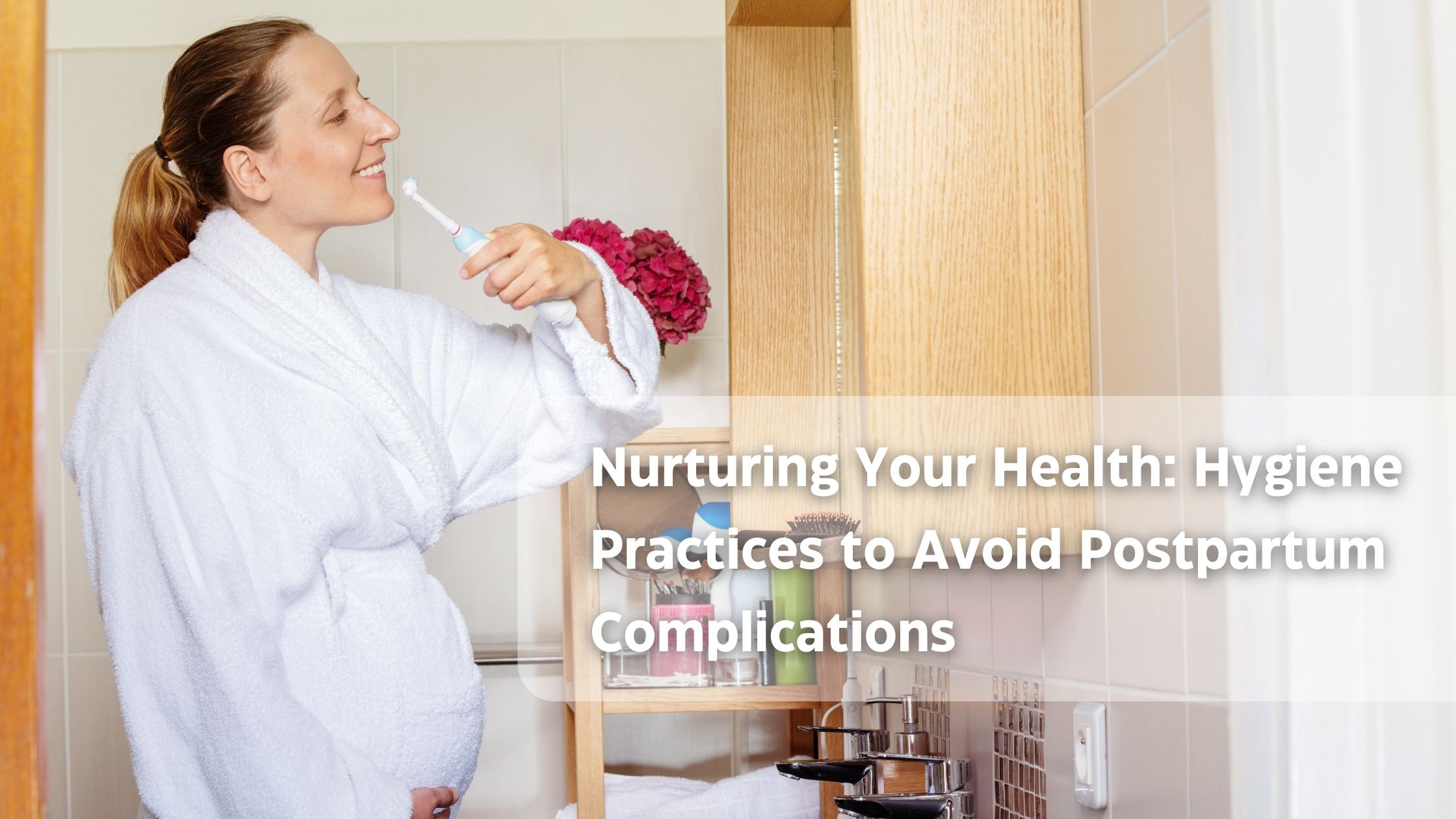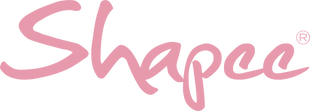Nurturing Your Health: Hygiene Practices to Avoid Postpartum Complications
Understanding the Importance of Postpartum Hygiene

Why Good Hygiene is Crucial for New Mothers
Good hygiene is essential for new mothers, as it safeguards against infections and promotes faster healing. After childbirth, a mother’s body is especially vulnerable, so maintaining cleanliness protects both mom and baby. Simple actions, like regular handwashing before holding the baby, are highly effective at preventing illness. Keeping the perineal area clean also helps minimize infection risks. Beyond physical health, good hygiene positively impacts mental well-being or feeling clean can uplift mood, boost confidence, and support emotional recovery during the postpartum period. This simple self-care practice makes a profound difference in this sensitive time.
Key Aspects of Postpartum Care
Postpartum care is essential for a mother’s recovery and well-being, with several key areas to focus on. Perineal care involves keeping the area clean and dry, changing pads frequently to prevent infections. For breastfeeding mothers, proper breast care includes cleaning nipples before and after feeding and wearing a supportive bra to avoid issues like mastitis. For those who had a C-section, it’s important to keep the incision site clean and monitor for any signs of infection. Overall hygiene matters too for example showering daily with mild soap helps prevent skin irritation, while maintaining good dental hygiene supports overall health. Each of these practices helps in a mother’s journey to a healthy recovery.

Daily Hygiene Routines for Postpartum Mothers
Building a Routine that Supports Healing
Creating a daily hygiene routine is crucial for postpartum healing. It helps new moms stay healthy and comfortable. Here's a simple routine to follow:
1. Morning Shower: Begin your day with a gentle, refreshing shower using warm water and mild soap. Avoid rubbing your skin or instead, pat it dry with a soft towel to reduce irritation and maintain skin health.
2. Post-Bathroom Perineal Care: After each visit to the bathroom, cleanse the perineal area to prevent infections. Use a peri bottle filled with warm water to gently rinse the area, which provides comfort and cleanliness.
3. Hand and Nipple Hygiene for Feeding: Before and after each feeding, wash your hands thoroughly to minimize germ spread. If breastfeeding, gently clean your nipples to keep them safe and free from bacteria.
4. Daytime Pad Changes: Throughout the day, change your pads regularly to maintain dryness in the perineal area. This helps prevent moisture buildup, which can lead to discomfort or infection.
5. Nightly Dental and Wound Care: Before bed, brush your teeth to support oral hygiene and perform any necessary wound care, such as cleaning incisions or applying ointments as directed, to support healing overnight.

Incorporating Time for Self-Care
Here are ways to include self-care in your daily routine:
1. Facial Mask During Naptime: While the baby naps, pamper yourself with a quick facial mask. This simple skincare routine can refresh your complexion and give you a moment of self-care.
2. Daily Hair and Skin Care: Brushing your hair and applying moisturizer daily not only keeps you looking and feeling fresh but also boosts your mood. Taking a few minutes for this simple ritual can provide a sense of normalcy and self-care.
3. Deep Breathing Exercises: Incorporate deep breathing into your day, even while washing your hands or face. This helps reduce stress and provides a moment of calm, helping you to stay grounded during busy moments.
4. Evening Herbal Tea: Make a warm cup of herbal tea part of your evening routine. Herbal teas like chamomile or lavender are calming and can help you unwind, promoting relaxation before bedtime.
Preventative Measures to Stay Healthy Postpartum
The Role of Nutrition and Exercise in Recovery
Nutrition:
Maintaining a balanced diet after childbirth is crucial for recovery and energy. Focus on meals rich in fruits, vegetables, and whole grains to support your overall health. Include a source of protein with each meal, as it aids in tissue repair and healing. Staying hydrated by drinking plenty of water is equally important, especially if breastfeeding. Additionally, consider taking a multivitamin recommended by your doctor to fill any nutritional gaps. Limiting caffeine and avoiding alcohol can help maintain optimal health for both you and your baby.
Exercise:
Beginning light physical activity postpartum helps rebuild strength and support recovery. Start with gentle walks, even if it’s just around your home, to ease back into movement. Practicing pelvic floor exercises, as advised by your doctor, strengthens core muscles essential for healing. Gentle stretching can also relieve muscle tension and improve flexibility. Gradually increase your activity level as you regain strength, but always listen to your body and stop if you experience any pain. This mindful approach to exercise promotes a safe and gradual return to fitness.

Conclusion
Good hygiene, proper nutrition, and gentle exercise are key pillars of postpartum health, ensuring a smoother recovery and reducing the risk of complications. By following these practices, you support both your physical and mental well-being, allowing your body to heal naturally. Remember, recovery is a journey, and it's important to be kind and patient with yourself during this time. With these habits in place, you're laying the groundwork for a healthy and empowering postpartum experience.
